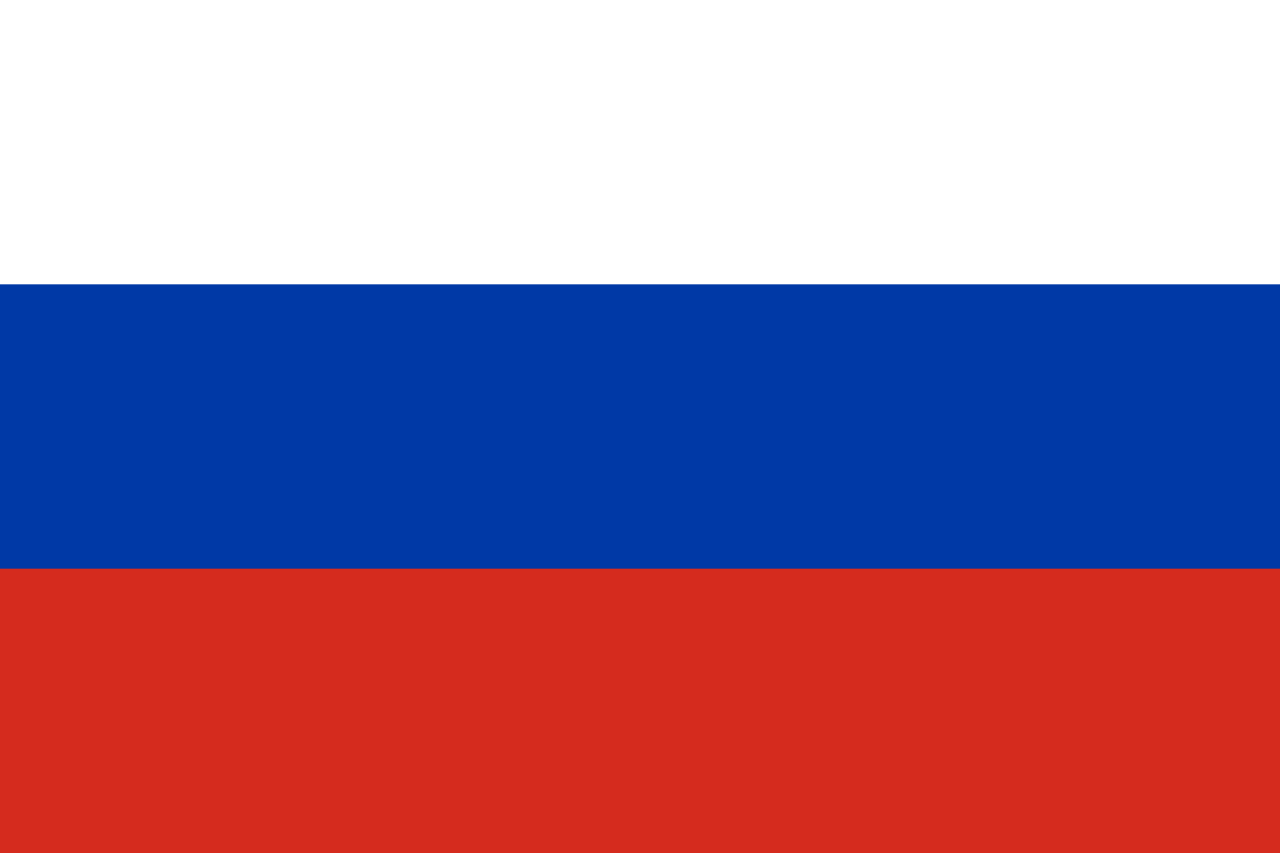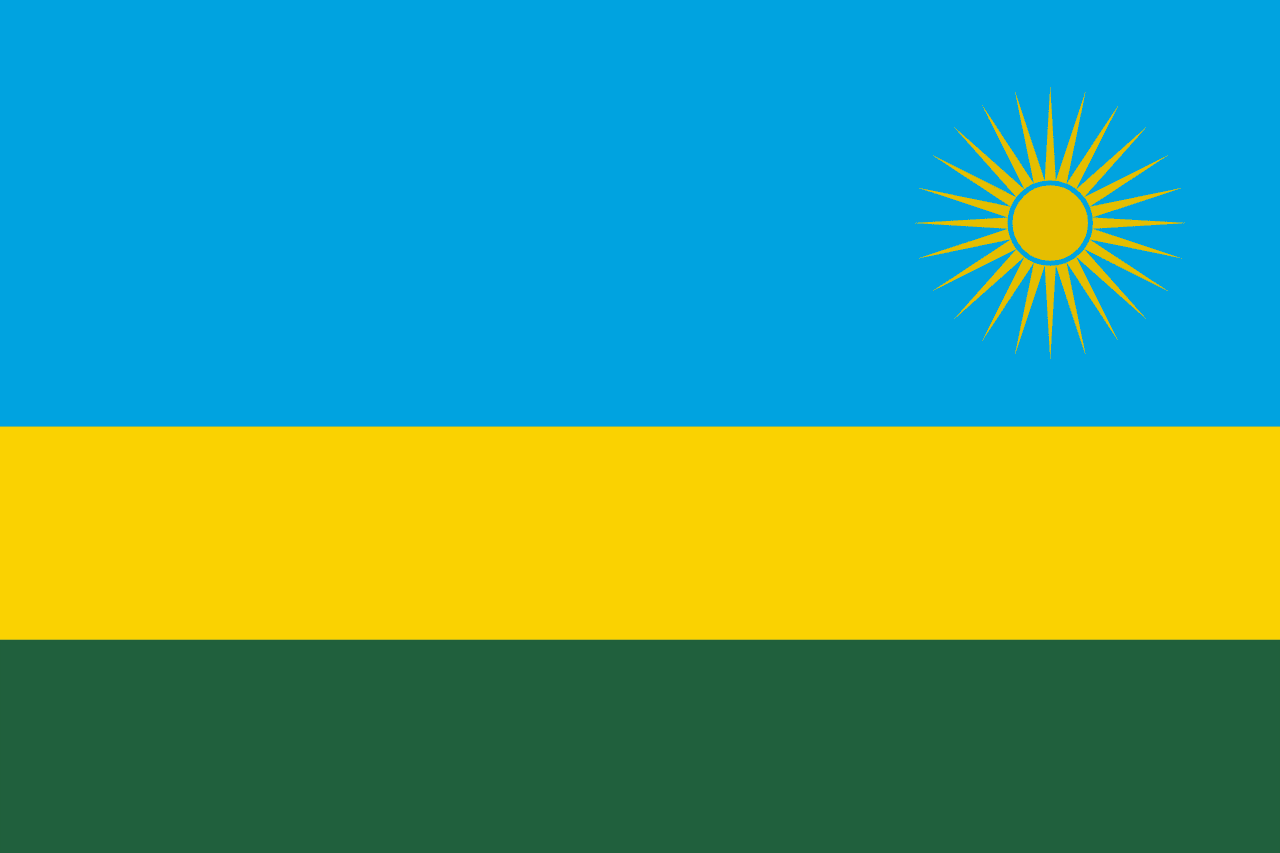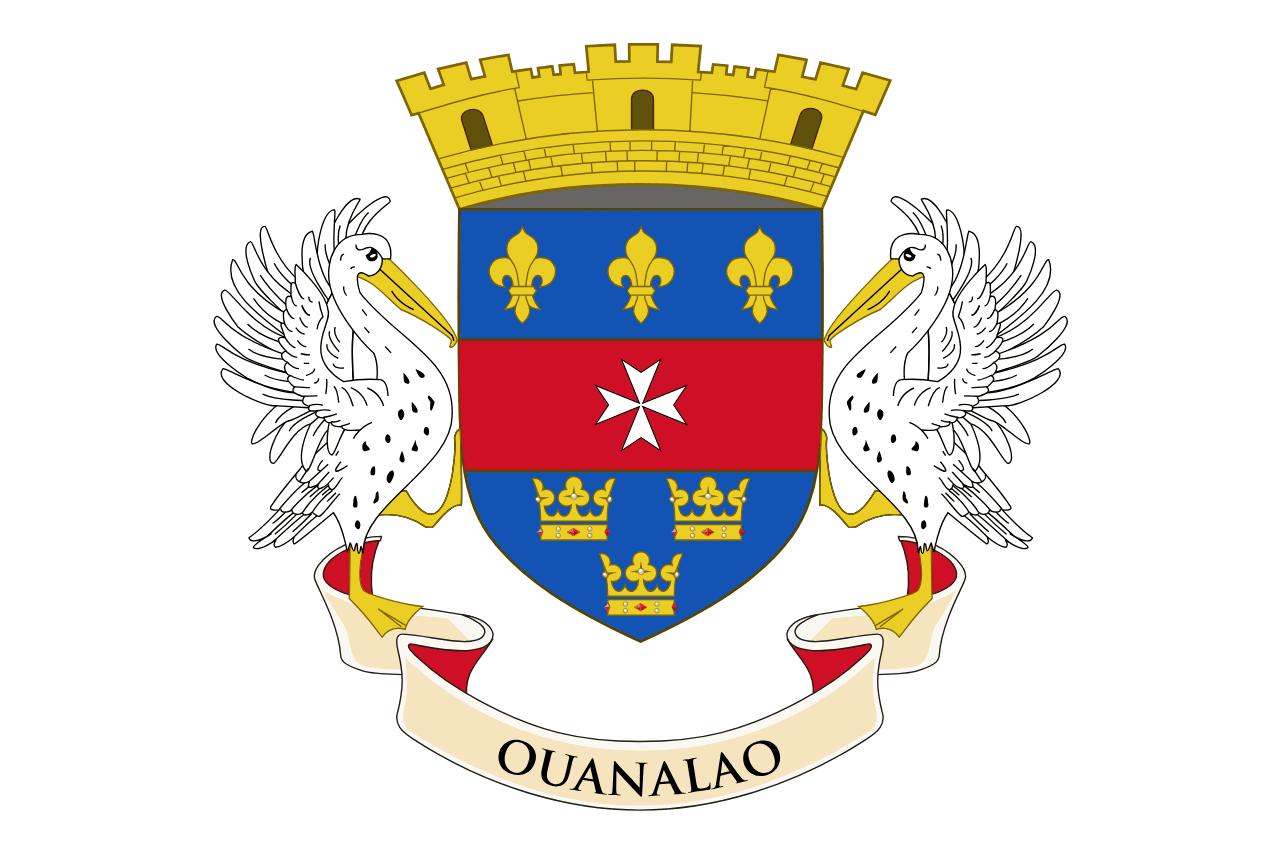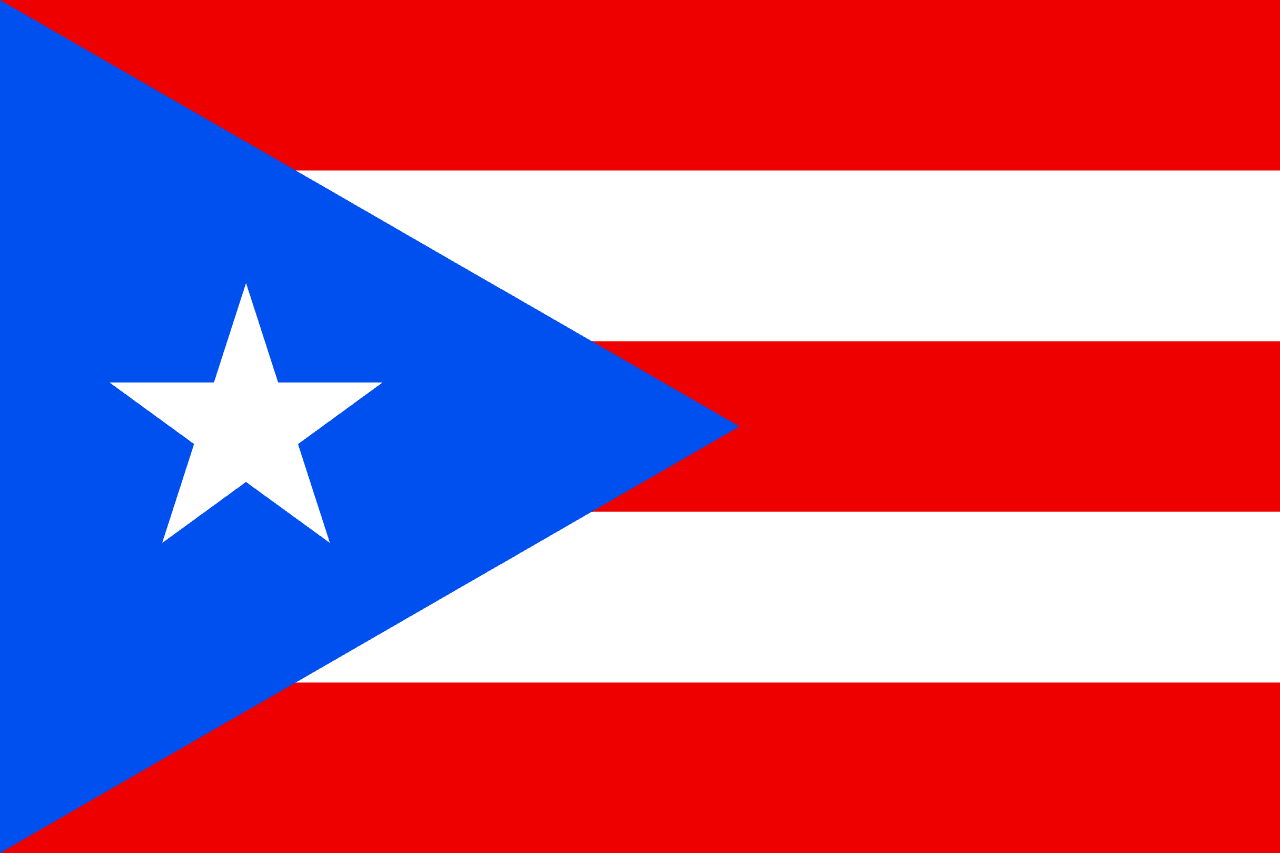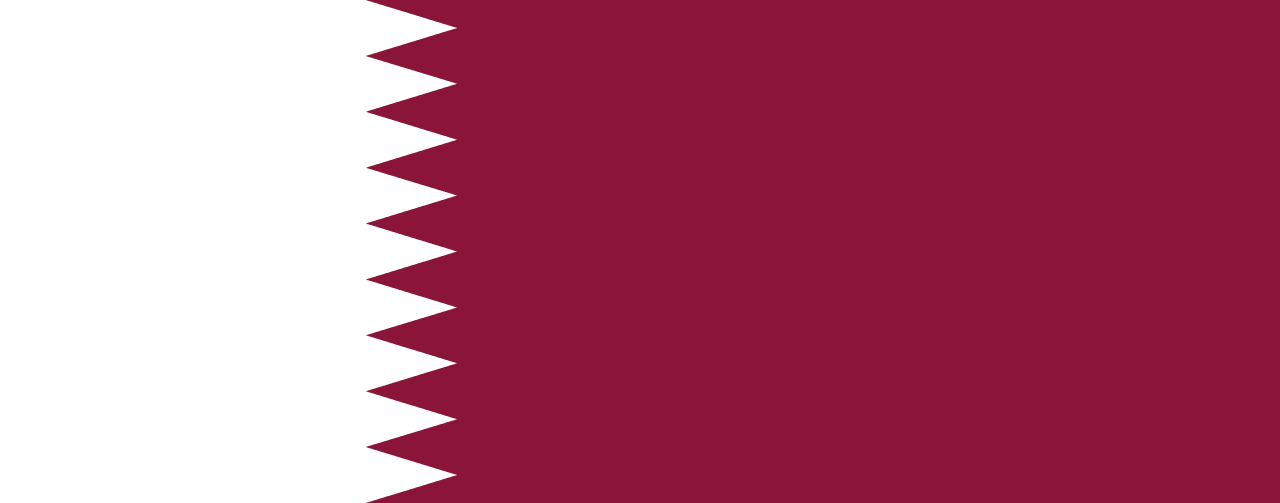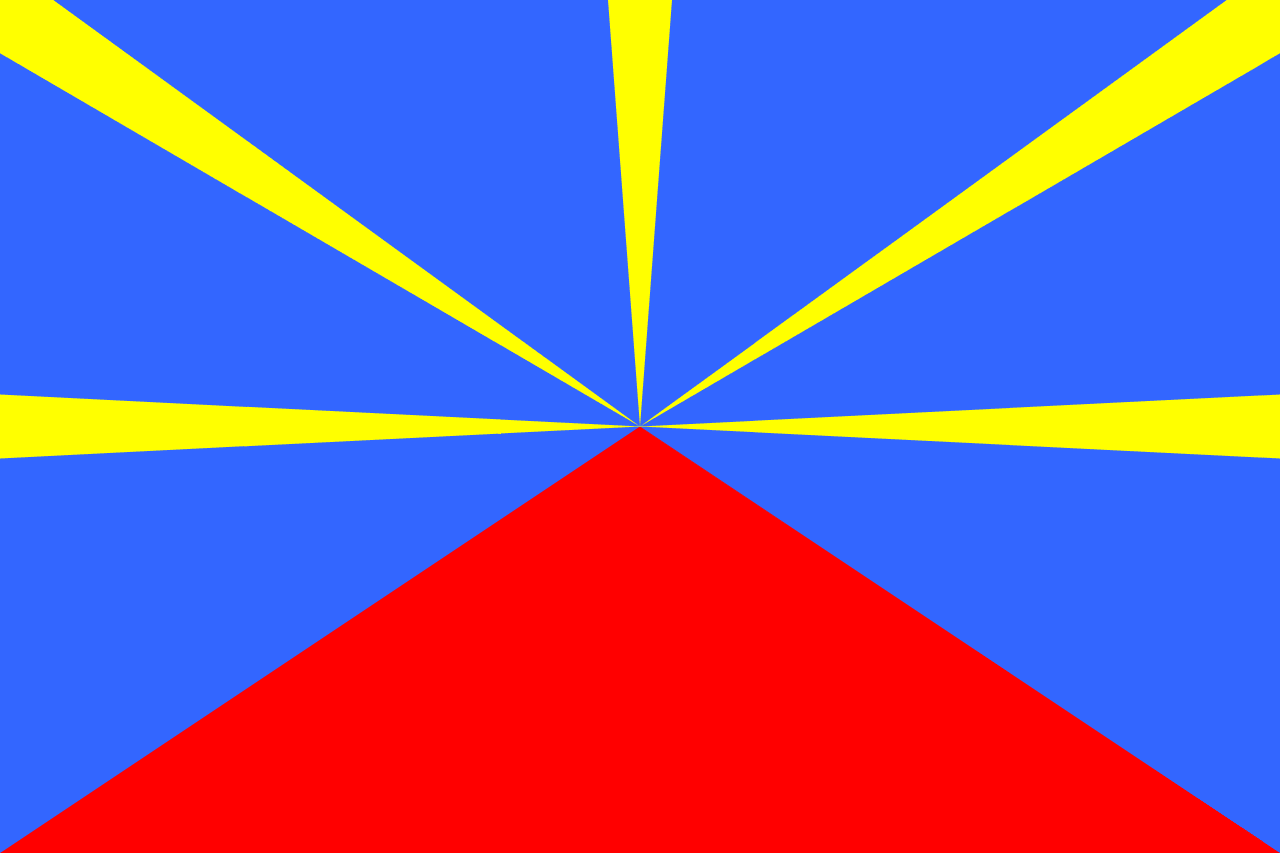The flag of Romania consists of three equal vertical stripes of blue, yellow, and red, from left to right. This tricolor design embodies Romania's national identity, historical struggles, and aspirations for the future.
Romania information
| National Flag Day | June 26th |
| Sovereign state | Yes |
| Official name | Romania |
| Capital | Bucharest |
| Population | 22,508,824 |
| Area | 238,391 km² |
| Currency | Romanian leu (RON) |
| Language | Romanian |
| Continent | Europe |
| Region | Eastern Europe |
| Subregion | — |
| Borders | Bulgaria, Hungary, Moldova, Serbia, Ukraine |
| Timezone | Eastern European Time (EET) UTC+2 |
| Calling code | +40 |
| Top-level domain | .ro |
History of the Romanian flag
 The current design of the Romanian flag was officially adopted on December 27, 1989, following the Romanian Revolution that overthrew the communist regime. However, the tricolor has a much longer history in Romanian symbolism. It first appeared during the Wallachian Revolution of 1821 and became a symbol of the struggle for national unity and independence. The flag gained official status in 1848 during the Wallachian Revolution, with the colors initially arranged horizontally. The vertical arrangement was adopted in 1867 when Romania gained independence from the Ottoman Empire. Throughout Romania's tumultuous history, including periods of monarchy and communist rule, the tricolor remained a constant symbol of Romanian identity, albeit with modifications to the central emblem during different regimes.
The current design of the Romanian flag was officially adopted on December 27, 1989, following the Romanian Revolution that overthrew the communist regime. However, the tricolor has a much longer history in Romanian symbolism. It first appeared during the Wallachian Revolution of 1821 and became a symbol of the struggle for national unity and independence. The flag gained official status in 1848 during the Wallachian Revolution, with the colors initially arranged horizontally. The vertical arrangement was adopted in 1867 when Romania gained independence from the Ottoman Empire. Throughout Romania's tumultuous history, including periods of monarchy and communist rule, the tricolor remained a constant symbol of Romanian identity, albeit with modifications to the central emblem during different regimes.
Symbolism and design of the Romanian flag
The Romanian flag's design is rich in symbolism, reflecting the nation's values, history, and aspirations. The blue stripe represents liberty, symbolizing Romania's sky and the principle of freedom that has guided its historical struggles. The yellow stripe stands for justice, equality, and the rich wheat fields of Romania, highlighting the country's agricultural heritage. The red stripe signifies fraternity and the bloodshed in Romania's fight for independence and unity. Together, these colors echo the French revolutionary ideals of "Liberty, Equality, Fraternity" that inspired many European nationalist movements in the 19th century. The vertical arrangement of the stripes distinguishes the Romanian flag from that of Chad, which uses the same colors in a similar order but in a horizontal layout.
Usage and significance of the Romanian flag
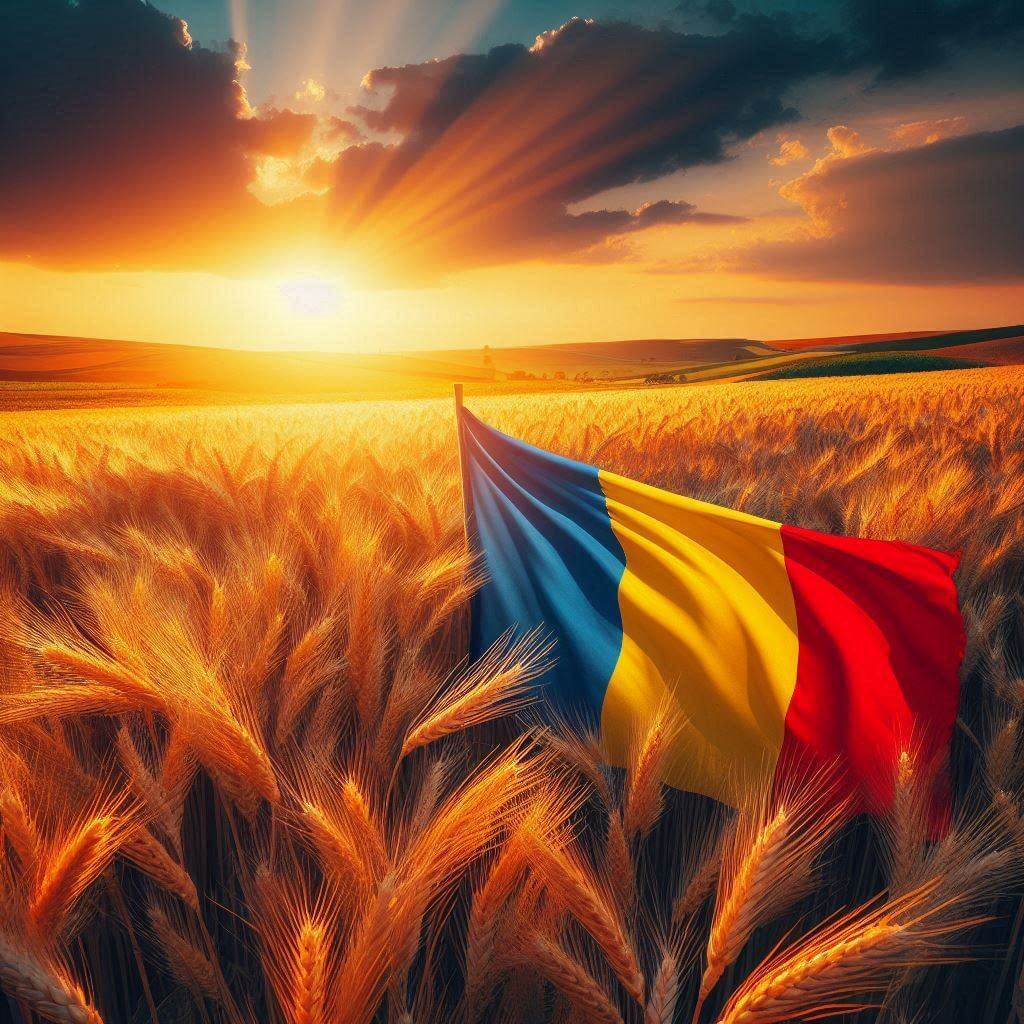 The flag of Romania is a powerful symbol of national identity and pride. It is prominently displayed on government buildings, schools, and during national celebrations. Romania's National Day, celebrated on December 1st, sees widespread display of the flag by citizens, commemorating the unification of Transylvania with Romania in 1918. The flag plays a crucial role in international contexts, representing Romania at diplomatic events, global sporting competitions, and cultural exchanges. It serves as a unifying symbol for Romanians, embodying their shared heritage, values, and aspirations for the future. The flag is also an important element in Romanian military ceremonies and is used to honor fallen soldiers and heroes.
The flag of Romania is a powerful symbol of national identity and pride. It is prominently displayed on government buildings, schools, and during national celebrations. Romania's National Day, celebrated on December 1st, sees widespread display of the flag by citizens, commemorating the unification of Transylvania with Romania in 1918. The flag plays a crucial role in international contexts, representing Romania at diplomatic events, global sporting competitions, and cultural exchanges. It serves as a unifying symbol for Romanians, embodying their shared heritage, values, and aspirations for the future. The flag is also an important element in Romanian military ceremonies and is used to honor fallen soldiers and heroes.
Interesting facts about the Romanian flag
- The Romanian flag is nearly identical to the flag of Chad, leading to diplomatic discussions between the two countries. Romania has refused to change its flag, citing its historical precedence.
- During the communist era (1947-1989), the flag featured the national coat of arms in the center, which was removed after the 1989 revolution.
- The flag's colors are said to have been inspired by a medieval banner of Michael the Brave, who briefly united the Romanian principalities in 1600.
- Romanian law mandates that the national flag must be flown permanently on border crossing points and international airports.
- The Flag Day of Romania is celebrated on June 26th, commemorating the day in 1848 when the tricolor was adopted as the national flag of Wallachia.
